
Insomnia is a serious disorder characterized by sleep deprivation associated with problems with falling asleep or staying asleep. People suffering from insomnia cannot rest and refill their energy levels. As a result their performance at work or school is poor, they may suffer from a variety of changes and can even get involved in risky situations. For instance, a person suffering from insomnia may fall asleep while driving and cause an accident.
Insomnia: Underlying Causes
Primary insomnia is a condition that develops without apparent underlying cause (there is no detectable physical or mental condition).
If there are detectable causes or medical conditions which induce insomnia the disorder is classified as secondary insomnia. This insomnia may be initiated by alcohol consumption, excessive caffeine intake, stress and anxiety. Secondary insomnia most frequently affects people suffering from depression.
Cognitive Behavioral Therapy for Insomnia
Cognitive behavioral therapy is a specially designed program. It helps patients to identify and replace all the thoughts and behaviors that might be associated with sleep issues. Also, cognitive behavioral therapy provides with new habits that promote sound sleep.
After identifying the underlying cause of insomnia, one may face the problem and eventually cope with it.
There are many aspects of cognitive behavioral therapy for insomnia. The most important thing is sleep education. One must get familiar with the basis of sleep, understand sleep cycles and get to know all the factors that affect sleep.
Cognitive control and psychotherapy are important for elimination of all the negative thoughts one cherishes. These may be responsible for lack of sleep. If one is worried, anxious and similar, he/she will most definitely have problems falling or staying asleep.
One is due to limit time spent in bed and practice going to bed only right before sleep. Furthermore, one should not try to fall asleep. Instead, by letting go of this worry, the body will be more relaxed and one will easily fall asleep.
Stimulus control therapy consists of leaving the bedroom if one is not able to fall asleep after some time.
Sleep hygiene is an essential part of cognitive behavioral therapy for sleep. It includes elimination of all the substances which may postpone sleep or bad behaviors that can interfere in falling asleep.
Additional help is also obtained from many different relaxation techniques such as meditation, hypnosis and muscle relaxation.
Biofeedback is another part of the therapy. It is based on observing and measuring biological signs like heart rate and muscle tension and identifying patterns that may cause sleep deprivation.
Finally, by keeping a sleep diary one will have a perfect insight in total sleep time, the length of time spent in bed unable to sleep and the actual length of sleep. By comparing data, one can also estimate the progress achieved by treatment.



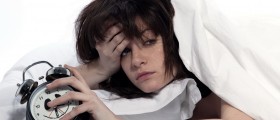

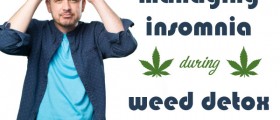



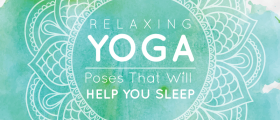
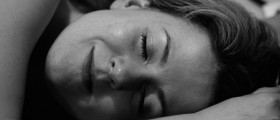


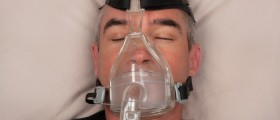


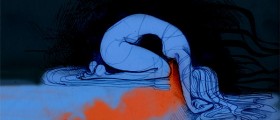
Your thoughts on this
Loading...